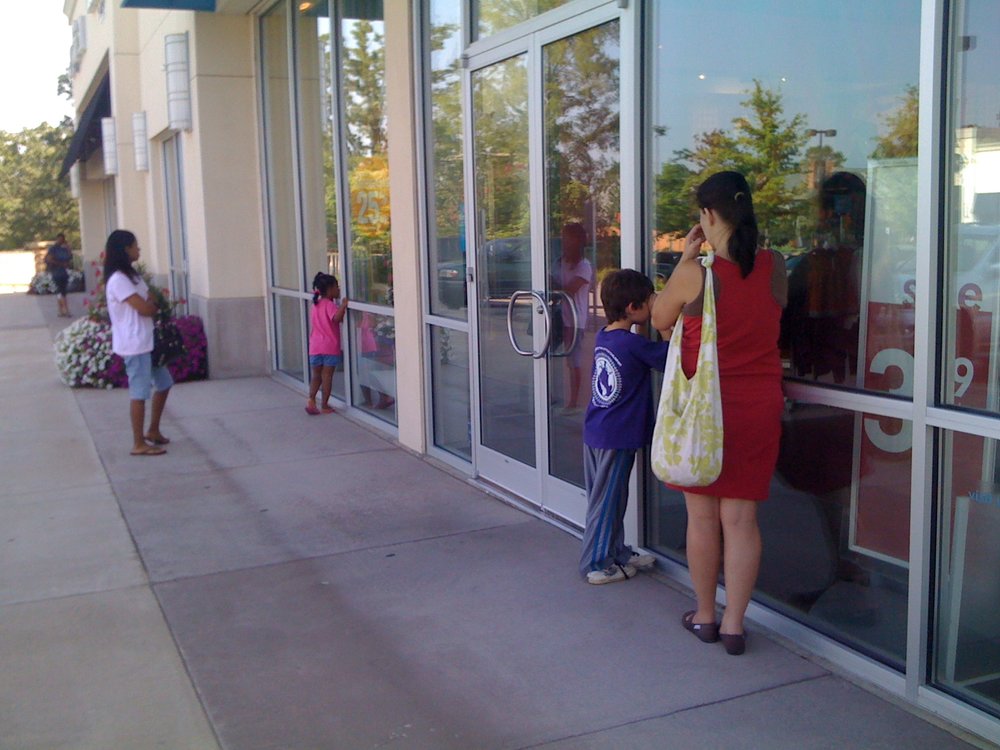One of the takeaways from my trip to Zappos headquarters last month...they give every customer the benefit of the doubt. Not some people or when the burden of proof has been met. But, every customer, unconditionally. They do the opposite of what most companies do...if there's a hint of a problem, they assume it's their fault, not the other way around.
Since most of their sales have shifted on-line (like so many other businesses), many of the people that call-in to Zappos have a concern or an order question (at least that was my impression from my time in the call center). And, if Zappos handled these people like most companies, there would be a vetting process to get to the bottom of every situation to guard against unnecessary discounts and refunds. In turn, the call experience would be just as expected...a royal pain in the butt, too long, unsatisfying and more likely down right aggravating. Perfect if you're in the business of average. Thankfully, Zappos is in the business of happiness. So, they simply act that way. They trust you.
Of course, many companies use clever disguises to give you the impression someone cares...a 24 hour support line, a handy "e-mail us" option or even "live chat". I recently had trouble with my Garmin 405CX running watch. So, I called Garmin support, twice, because the first time when I heard my wait time was 35 minutes I thought there was a glitch...there wasn't. I decided on the email option, made my way through the myriad of toggle options and drop down boxes, described my issue and off it went. Moments later I was greeted with an email (see below)...we aim to respond to you within 3 days. So, 35 minutes on the phone or 3 days for an email which will likely just lead to more email. Hmmm, do you think Garmin really has my best interest in mind? Do you think they trust me?

Trusting your customer is required if you want them to trust you. You don't get to do it part time and expect a dividend. Sure, by going into it with blind faith you're going to get burned sometimes. But, not nearly as bad as if you're worried about always being right.
